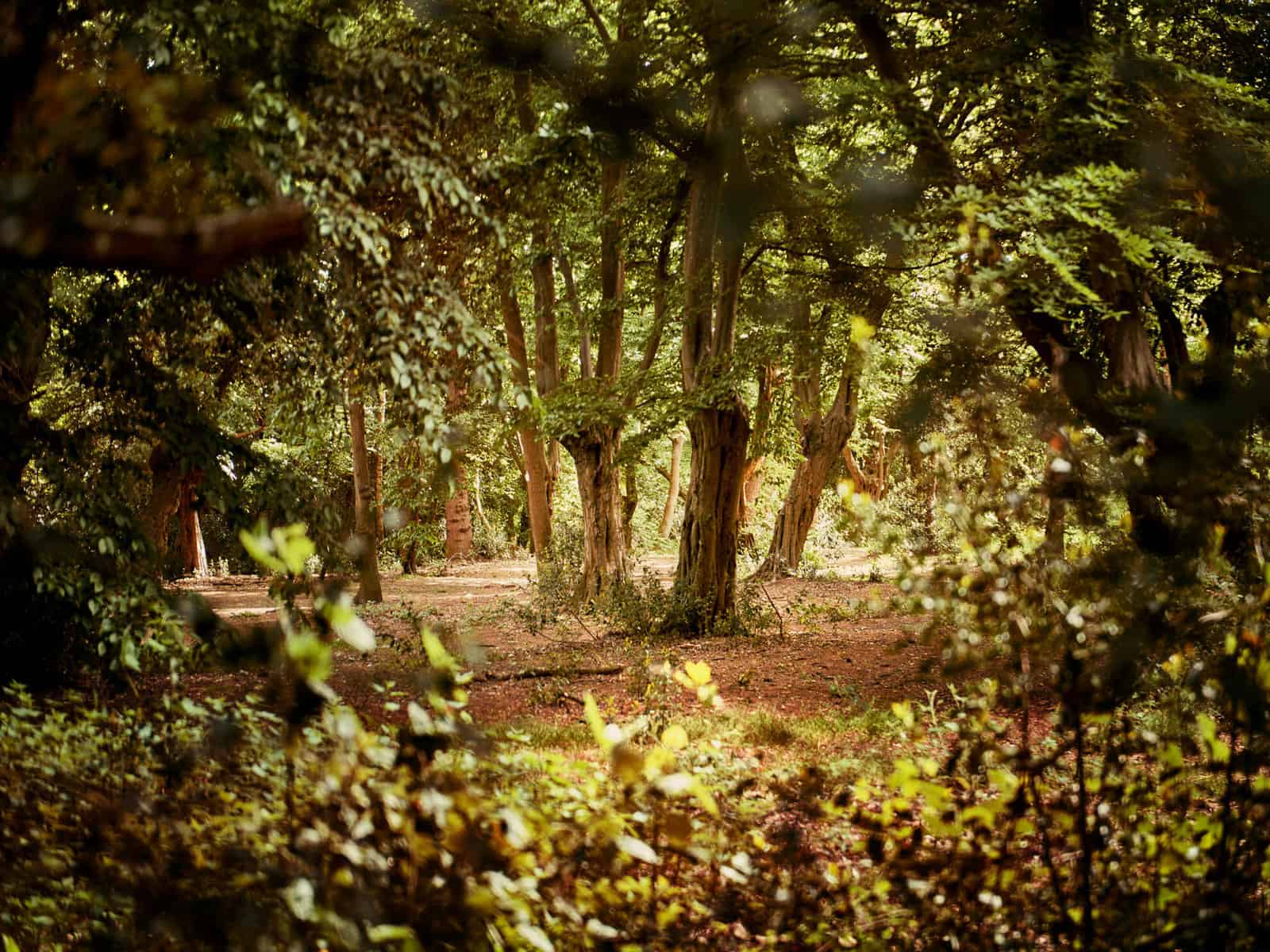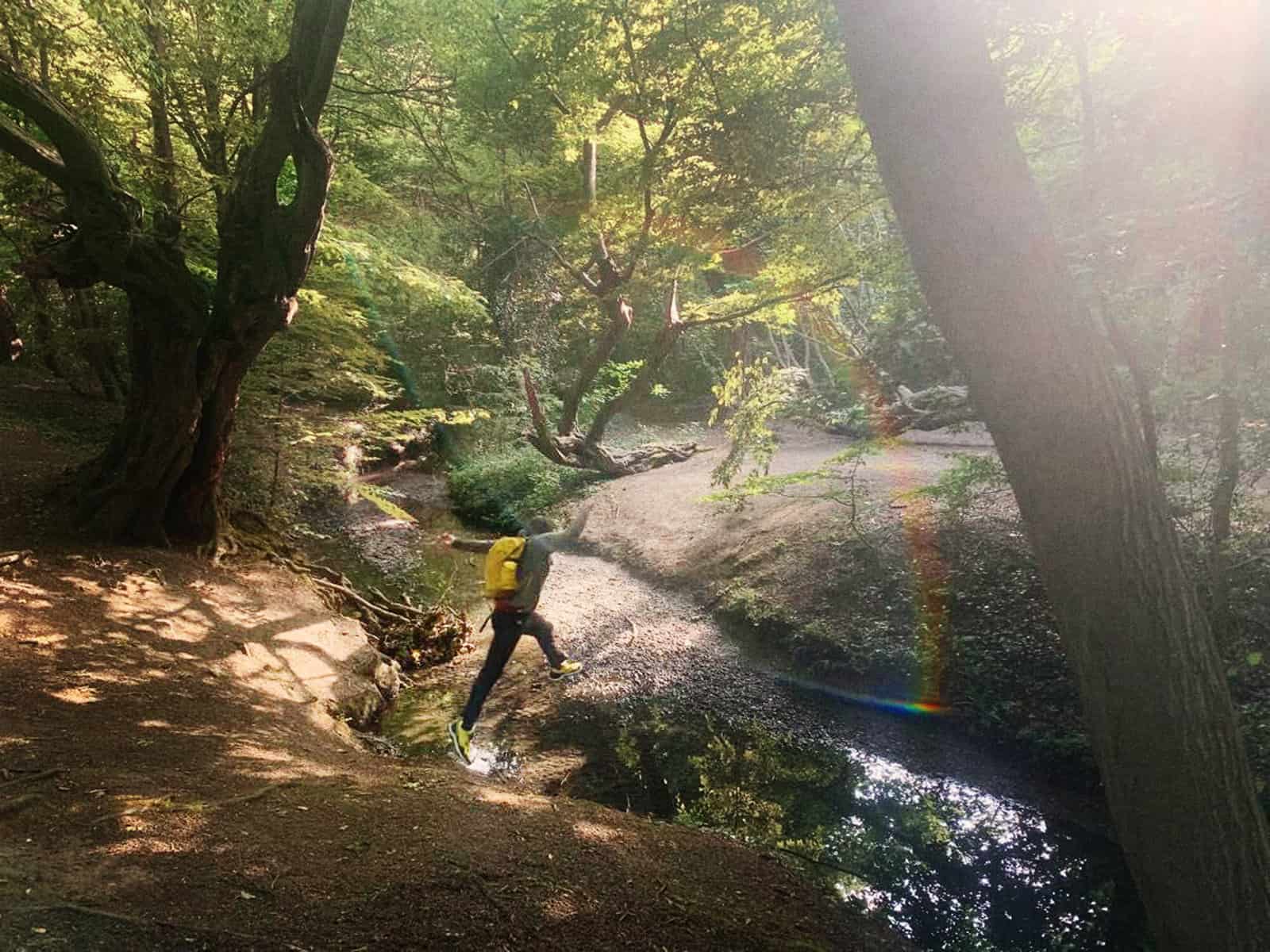We are living through unique time – that’s a candidate for understatement of the century.The Coronavirus outbreak has forced us to contend with a wide range of challenges in both our professional and private lives.Many people who just a few short months ago had stable jobs and predictable lives now find themselves in a state of uncertainty about their future.In many cases, the boundaries between work and home life have become blurred – as people work from home whilst simultaneously looking after children, for instance – and this brings problems of its own too.Anxiety is on the increase.One legacy of the Coronavirus that cannot be denied is that it will certainly lead to a mental health crisis, the fall-out from which will be felt for many years to come.
For us, the impact of the virus on our lives was swift and extreme: Our careers are built around travel.Normally, we are on a flight or driving to some part of the UK for work at least once a month.Indeed, when the lockdown came into force in the UK and flights were grounded, we were two days away from departing on trip to Lanzarote where we were due to complete a few commercial projects.
Since the start of the lockdown, our business as it previously was, has basically ground to a halt.We cannot continue to produce new work as we had prior to Coronavirus and many of our clients have – understandably – put their commissioning on hold.In short, things have changed for us massively.
As our photography and filmmaking are our business, this change has been very disruptive and has brought tremendous anxieties with it: How long will be able to keep paying our bills? When will the work start coming in again?Coupled with this, we suddenly found ourselves with a lot more time on our hands.Ordinarily, this would be a good thing – we’re always wishing we had more time to get things done – but with spare time comes time to think. And time to worry.
We recently heard a remark from a CBT therapist who likened the crisis to a return to childhood.That may sound wonderful, but her context was much more grounded in practicality: you find yourself cooped up inside, with no money and without any control of your life.It’s brutal, but we think it’s accurate.Many of us yearn for and glorify our childhoods, but as adults, we become used to certain freedoms we didn’t have when we were younger, and when these are removed, childhood can seem less idyllic.
Of course, everyone’s situation is unique.We have found ourselves with a lot more time on our hands as our business is on hold, but there are so many people experiencing this crisis very differently: We know some people who are amongst a handful of staff at their companies who have not been furloughed.They find themselves working several people’s jobs, often on reduced pay.We know people who are suddenly having to juggle full time childcare with trying to maintain their business.We know otherwise healthy people who are having to ‘shield’ due to health issues like asthma and consequently have not been able to leave their homes for months. We know plenty of people who have fallen through the cracks in terms of the aid packages being offered by the government- sort of, but not quite eligible for any kind of financial help available (in the UK, the government offered what seemed like a very comprehensive package of financial support and promised that no one would be left out.The reality is that there are literally millions of people whose employment circumstances mean they are ineligible for any kind of financial support – this includes the self-employed who have been in business for less than a year and directors of small limited companies).
Whilst everyone’s experiences of the crisis may be unique, the underlying anxiety is common amongst everyone we’ve spoken to.
One idea we’ve become aware of through this crisis is ‘toxic positivity’.That sounds like a contradiction, but once you unpick it a little, we’re sure many of you will have encountered this. At the start of the lockdown, social media was full of declarations of intent.Intent to finally get fit, to learn a new language, to finally take up that hobby.We remember one particular meme stating that you’d ‘failed’ lockdown if, by the end of it, you didn’t speak a new language, have rock-hard abs and have your ‘side hustle’ sorted.With lockdown comes a pressure to perform, to achieve something with your suddenly free time and regardless of whether that’s physical fitness, perfecting sourdough or working on handicrafts projects with your kids, the underlying message is the same: you should be using this time productively.Outwardly, this sounds great, if lockdown has left you with a lot of time on your hands, then why not use the time for something good?But the reality is different: what happens if you set yourself a goal and then don’t meet it?And beyond this, what happens if you fail to meet your goal whilst you are already in a negative headspace?
Next we have the rhetoric – the messaging – associated with the crisis.Much of what we have seen – often repeated on memes doing the rounds on social media – focusses on shared responsibility: ‘We are all in the same boat’ ‘We are weathering the same storm’.Statements like these are true, but they also do not paint the full picture.Our experience of this crisis will be very much linked to our personal circumstances: a furloughed worker with a good degree of job security and savings will have a very different experience to a retail worker with no option but to continue working through the crisis, putting themselves and their family at risk of exposure to the virus.To further stretch the maritime reference, we may well all be on the same boat in the same storm, but some of us are in luxury cabins whilst others are tied to the mast in the driving rain.
So how can we turn this around?How can we start to see some good in this situation?
We’re not going to pretend that we have found the perfect answer, and there are certainly days we both remain racked by worry about what the future will hold, but we have found some strategies that have helped us:
Be gentle
This means trying hard not to get angry with yourself about perceived failings.If you set out to learn Greek and make a sourdough starter at the beginning of lockdown and find that you have done neither, then don’t be too harsh on yourself.You haven’t failed, you maybe just didn’t know how the reality of this unique situation would pan out.
Set realistic goals
This follows on from the point above.If you do want to set yourself challenges or targets to meet, make sure they are things you can actually achieve in the circumstances you find yourself in.You can always add stretch goals.
Try not to compare yourself to others
We all have that one friend on Facebook who is sharing their lockdown runs and pictures of their baking.Good on them! But don’t compare yourself to that person.If your biggest achievement that day is getting out of bed, then be happy that you have accomplished that.
Take breaks and change your scenery
It sounds obvious, but this is very important.If you can, it’s important to not just stay home.Try to get out walking once per day.Even if you can’t leave your home try to at least sit by an open door or window.It sounds cliched but fresh air and blue skies can certainly have a positive effect on your mood.
It’s good to talk
Chat with friends and family.Anyone you feel comfortable with.This doesn’t mean you need to deputise your best friend as a therapist, but it does mean chatting about your experiences – even just talking about how things are going can be helpful.
Don’t be afraid to seek professional help
These times are very hard, and they will be impacting the mental health of more people than you can imagine.There are plenty of reputable organisations out there who can help.The UK based mental health charity Mind hasa wealth of information specifically relating to Coronavirus.
We have applied all of the above to our day to day life.Some of it with more success than others.We won’t pretend it has magically fixed our problems, but it has certainly helped.For us, we’ve found getting outside to be immensely helpful.We have discovered an area of woodland very close to our house.We’ve lived in the same area for over four years and didn’t know this existed until a few months ago (it isn’t marked as woodland on maps).This has been a phenomenal resource for us.We don’t get the same solitude here as we are normally used to in the outdoors, but the woods are none the less large enough for us not to have to worry about social distancing and our time there has been hugely beneficial to us.This, combined with staying mindful of our situation and what we can realistically hope to achieve with our time has formed the backbone of our strategy for coping with the stresses of the crisis.
As we mentioned at the start, we are living through unique times.For better or worse, the Coronavirus will change the world for good.Like most of you, we are eagerly looking forward to some sort of ‘normality’ to return – we want nothing more than to be able to get back to what we love: travelling, adventuring and being creative in response.In the meantime, we are simply trying to do what we can to make the best of the situation and above all else to be kind to ourselves during these difficult times.



